Graduate Research Assistants, Emory Prevention Research Center
Category : Student Opportunities
Job Title: Emory Prevention Research Center’s Graduate Research Assistant (GRA)
Hours per week: 10-20 hours/week
Schedule requirements/preferences: Availability to work a flexible schedule, 10-20 hours per week.
Position Type: Part Time
Organization: Emory Prevention Research Center (EPRC)
Operating Unit: Rollins School of Public Health
Department: Behavioral, Social, and Health Education Sciences
Position Description: The Emory Prevention Research Center (EPRC) seeks 3-4 part-time Graduate Research Assistants (15-20 hours/week each) to support several EPRC projects:
The BreatheEasy Georgia Homes Program (BreatheEasy) and center Communications/Dissemination
BreatheEasy promotes smoke-free housing by recognizing apartment communities in Georgia that adopt smoke- free policies. The GRA will assist the BreatheEasy program manager in planning and hosting meetings for stakeholders across the state, developing educational and social media content to promote smoke-free housing, and managing the BreatheEasy Recognition Program and website. GRA Communications/Dissemination tasks include developing infographics to communicate EPRC research in plain language for a broad audience, assisting with virtual trainings, and managing social media for the EPRC and BreatheEasy Program, including scheduling posts and evaluating analytics.
The Smoke-Free Homes 5A project aims to adapt and test an effective intervention for integration into the 5A approach for tobacco cessation in primary care settings. The Tribal Smoke-Free Homes project is a collaborative study between Emory and National Native Network members to test an innovative model for promoting smoke- free homes and reducing SHS in Native American nonsmokers and children. GRA tasks for both studies include data collection via telephone interviews, data entry, participation in team meetings, and other duties as assigned. GRAs may also have the opportunity to contribute to EPRC communications efforts.
Background: The EPRC conducts research and evaluation on chronic disease prevention and promotes evidence- based cancer prevention and control. The research and activities of the EPRC are planned with the participation and input of our community partners, in the spirit of community-based participatory research. Our cancer projects are funded by NCI and the CDC to promote the use of evidence-based cancer prevention practices. See http://web1.sph.emory.edu/eprc/ for more information about the EPRC.
Minimum Qualifications: Highly motivated, efficient, organized, detail-oriented and interest or experience working on communications, research, evaluation, or cancer prevention and control. Excellent written and verbal communication skills. Must be a team player with strong interpersonal skills and cultural humility.
Preferred Qualifications:
For BreatheEasy and Center Communications: Prior work experience and desire to work in these positions the full school year preferred. Experience with social media campaigns and analytics; Clear Communication or Plain Language practices; graphic design; program coordination; and website development. Experience with the following software is preferred: Social media platforms and analytics functions (Instagram, Facebook, Twitter, Hootsuite); Piktochart or Canva; Microsoft Office (esp. PowerPoint and Excel); Constant Contact.
For Graduate Research Assistants applying for Smoke-Free Homes 5A and Tribal Smoke-Free homes: Excellent written and verbal communication skills. Experience working with diverse populations. Experience with Microsoft Office products. Experience with Excel, Access, online survey software (e.g. REDCap), or SPSS a plus. Qualitative data analysis experience a plus.
Compensation: GRA level salary ($15/hour)
Start Date: ASAP
Application Deadline: September 15, 2024
(Applications will be screened as they arrive; positions may be filled prior to this deadline.)
Contact Information: Send resume and cover letter by email to: lbundy [at] emory [dot] edu. Please specify your position preference in your cover letter.

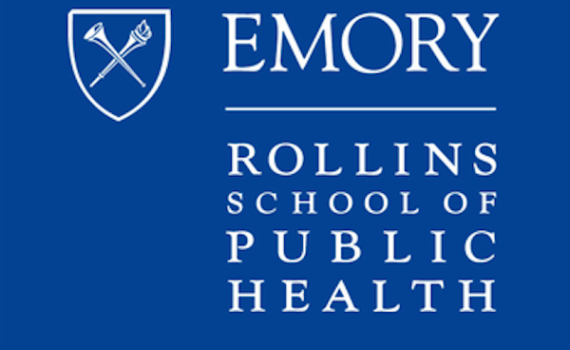
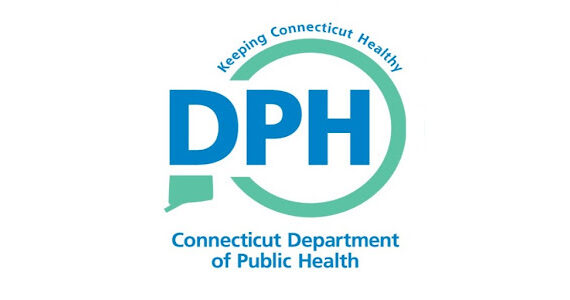
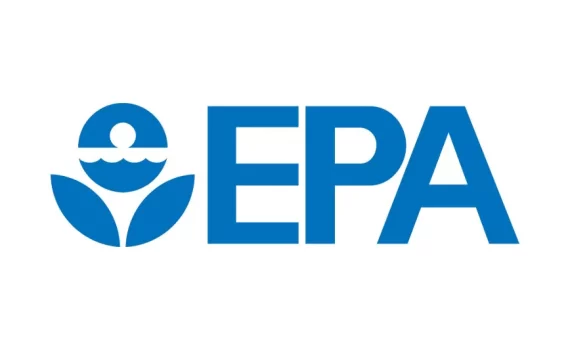
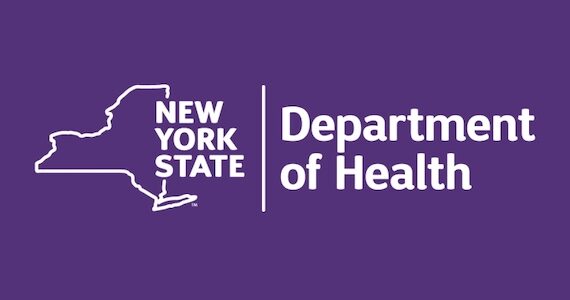
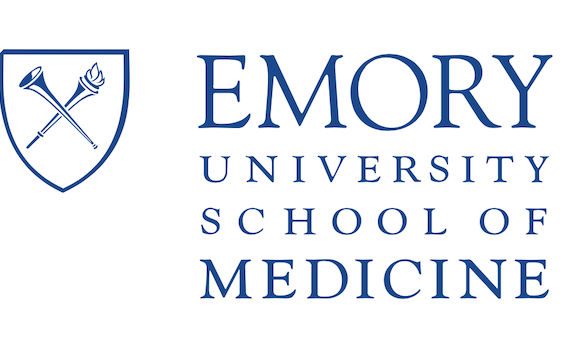
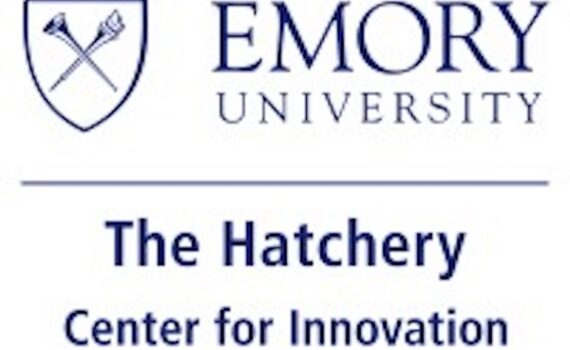
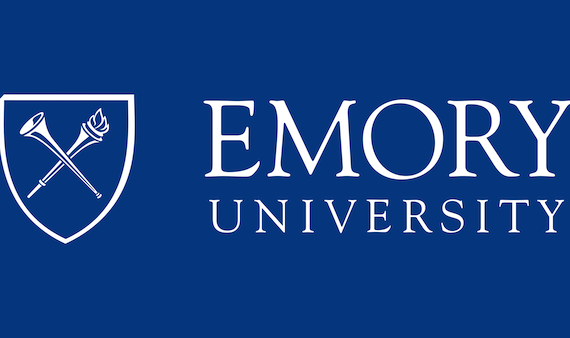
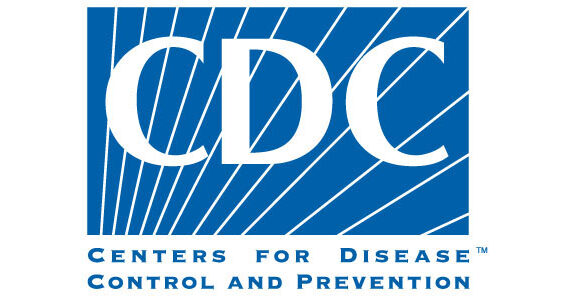

Recent Comments